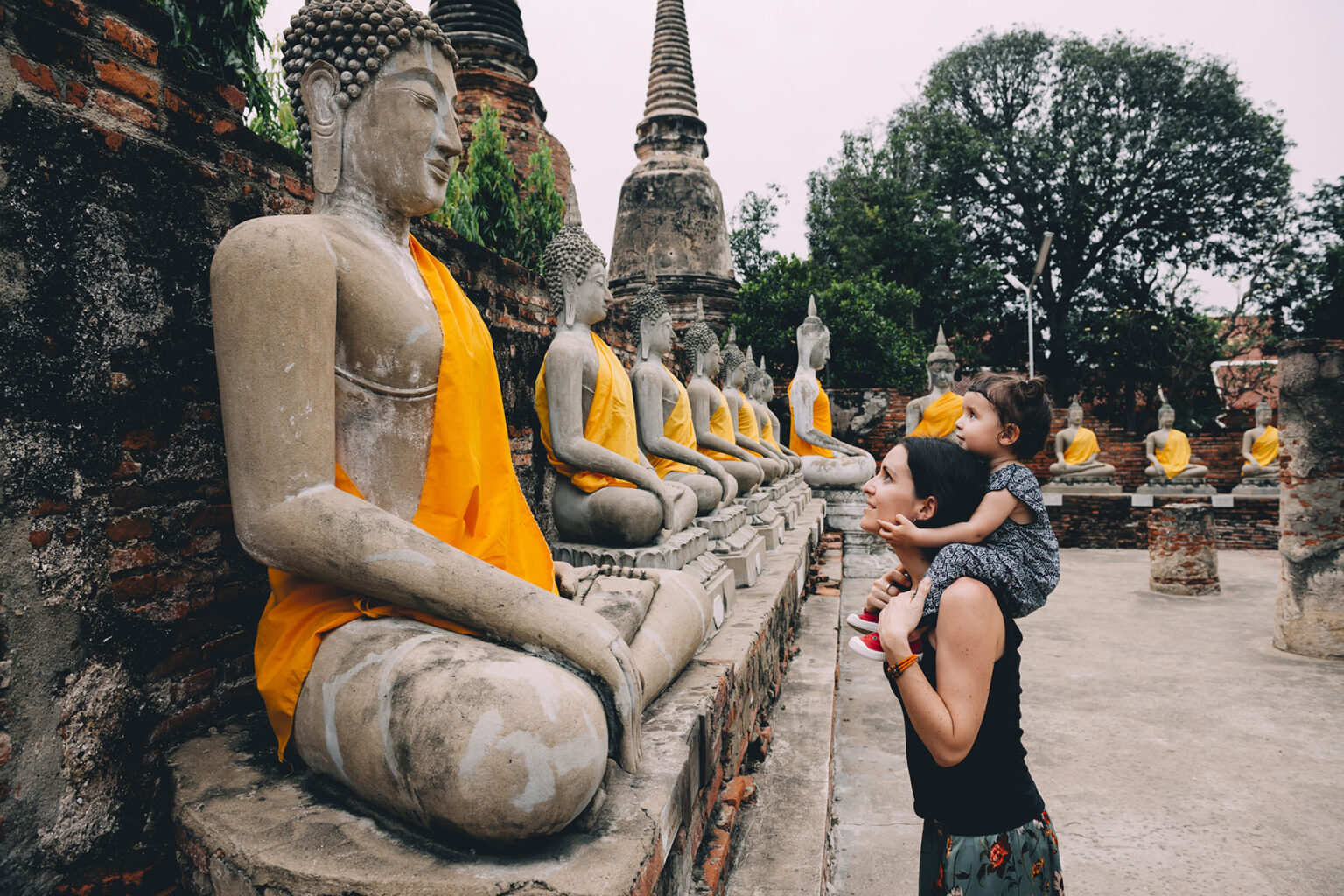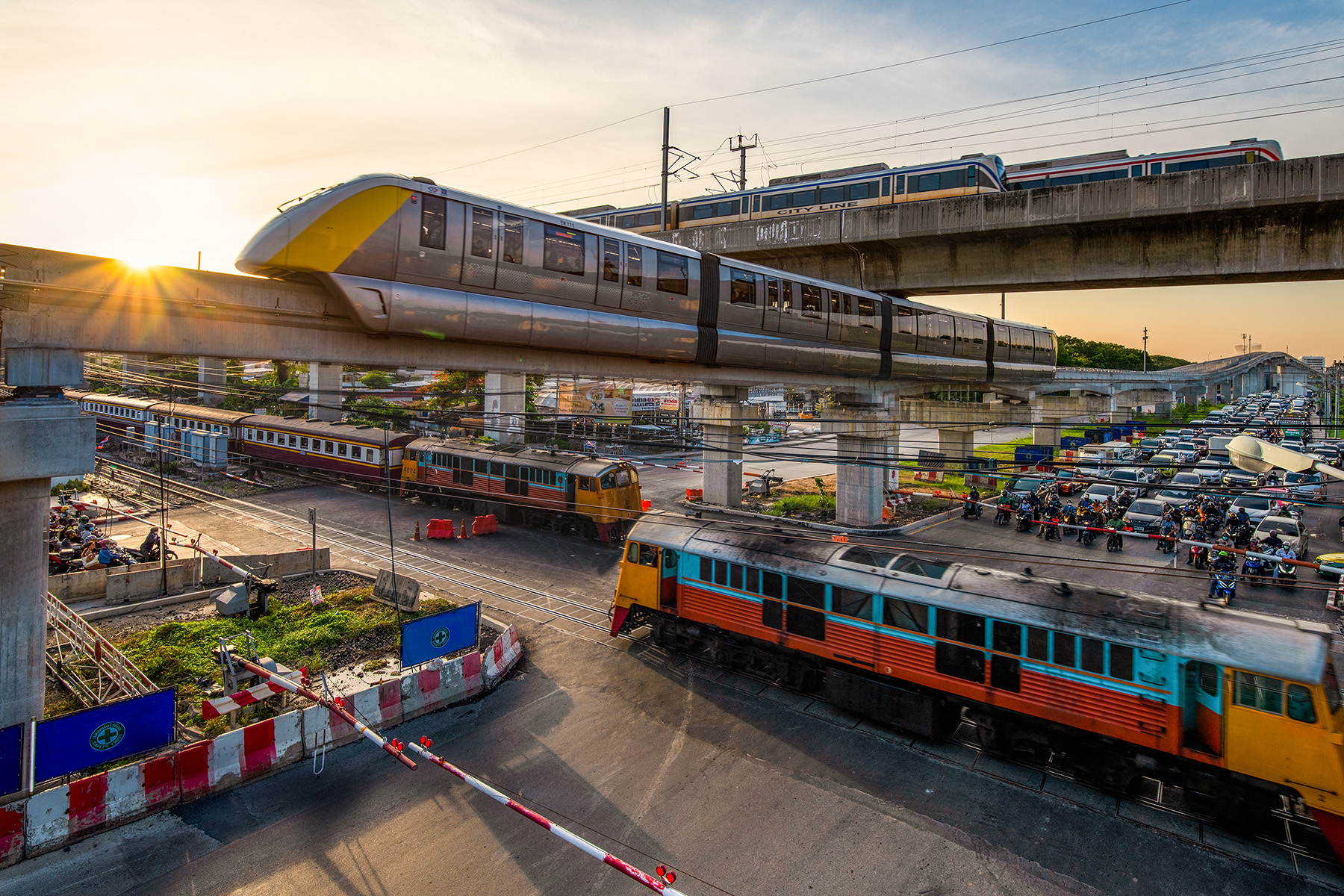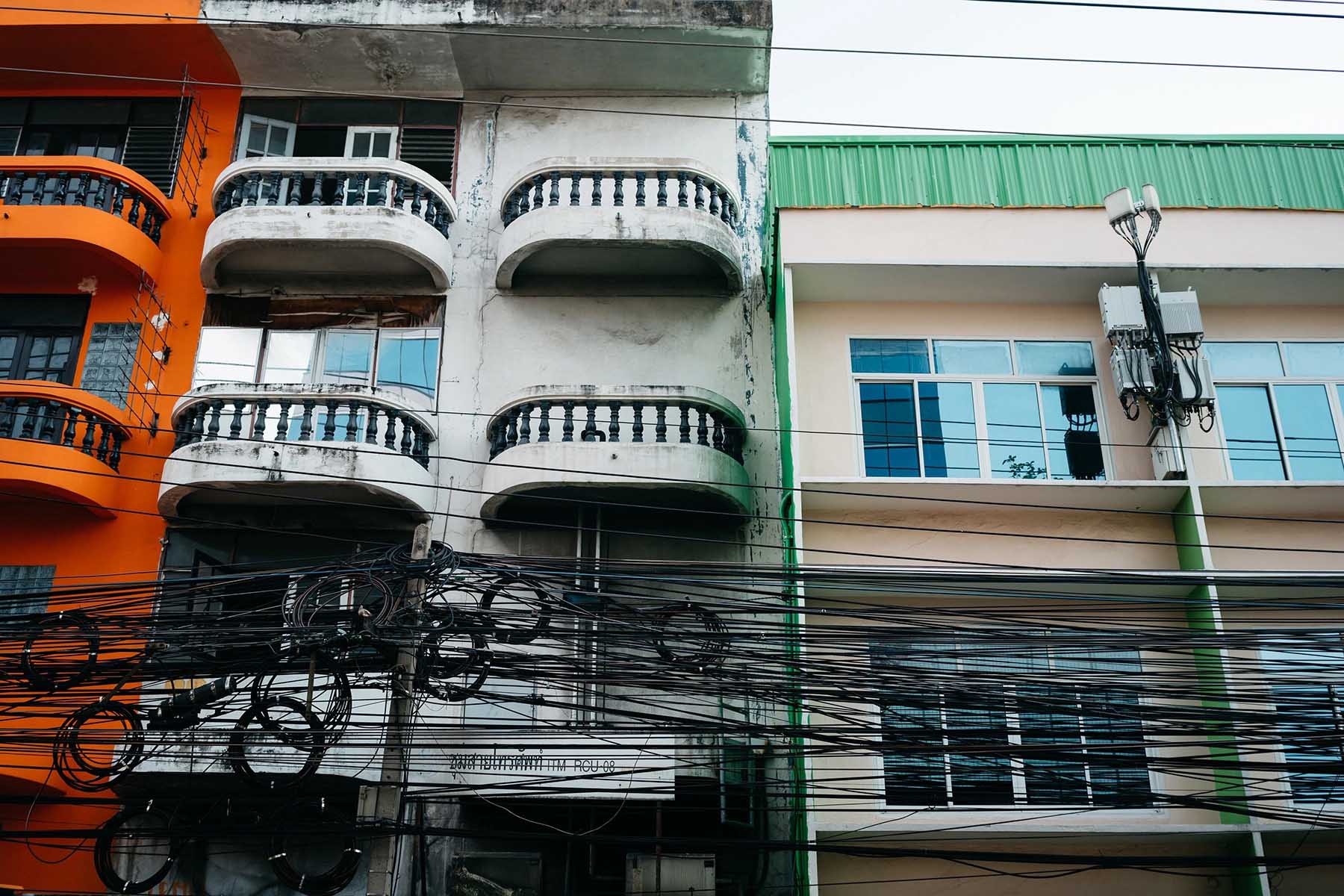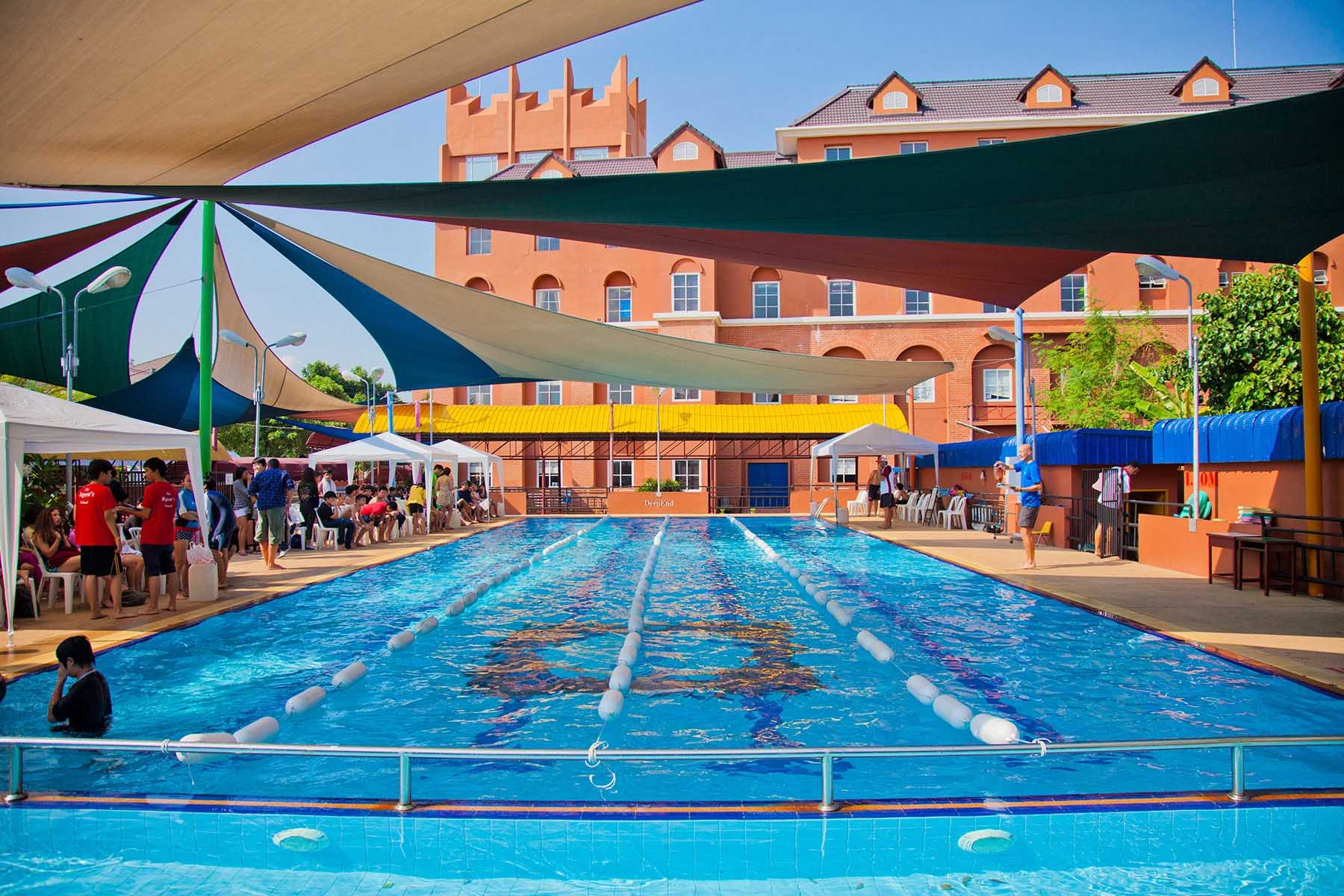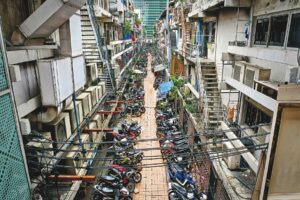Thailand (ประเทศไทย) caters to many different lifestyles, offering various experiences from vibrant city living to serene coastal retreats. Whether you settle in a bustling metropolis or a quiet village, there are essential tasks to prioritize upon arrival.
While it may be overwhelming to decide where to start, this article clarifies things by exploring these 10 essential tasks for a newcomer:
- 1. Find your new home in Thailand
- 2. Register as a Thai resident
- 3. Sign up for healthcare in Thailand
- 4. Open a Thai bank account
- 5. Get a Thai mobile phone and SIM card
- 6. Find a job in Thailand
- 7. Get your transport sorted in Thailand
- 8. Connect your new home
- 9. Send your children to school
- 10. Get out and enjoy Thailand
- Useful resources
Wise
Do your finances go beyond borders? Then you need a fast and secure way to move money internationally. Wise is a global leader in online international money transfers, letting you move money at an exchange rate several times cheaper than your bank. Whatever your personal or business needs, Wise can make your money go further.
1. Find your new home in Thailand
Finding a place to live is one of the most essential steps of your move.
However, for most expats, this means finding temporary accommodation to give yourself time to settle in and get to know the country. A few options are available, including affordable local hotels, short-term rentals, or serviced apartments.
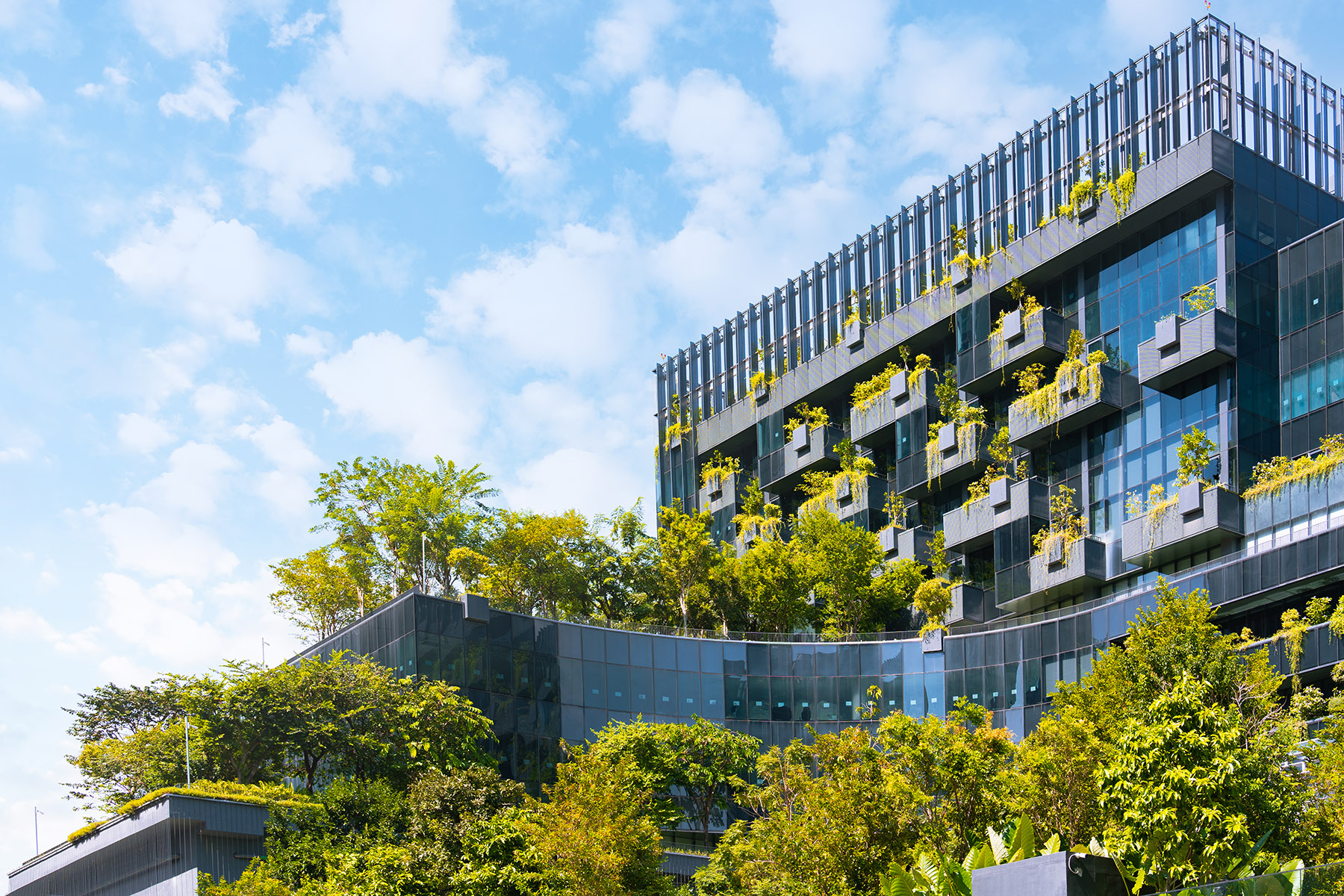
Here are some websites that will help you find an interim place to stay:
Under Thai law, foreigners are barred from buying houses and land but can own condos within a 49% foreign ownership quota per building. Expats may also opt for 30-year rental leases on villas and houses.
Whether you are renting or buying, DDproperty is a great site for finding a more permanent home, and it even maps out the nearby public transport connections and landmarks.
2. Register as a Thai resident
You must submit a TM30 form within 24 hours of arriving in the country. Your landlord or accommodation is responsible for providing you with the form and sending it on your behalf.
This form must be accompanied by copies of your:
- Passport
- Visa
- Departure card
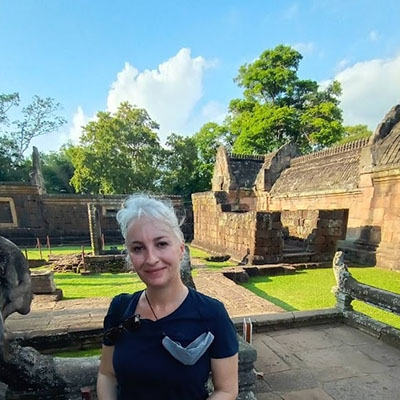
Local expert
Jane Evans
Insider tip
If you stay in a condo that you own, you can do this yourself by submitting the documents online. Once your registration has been processed, your landlord will receive a notification, which you need to keep safe, preferably inside your passport, for any visa extensions or when reporting at the Thai Immigration office.
If you are in Thailand on a long-term work visa, you must apply for a Tax Identification Number (TIN) within sixty days of your arrival in the country to pay taxes. You can do this at any time at your local revenue office.
3. Sign up for healthcare in Thailand
Full access to Thai health services is essential to your move to Thailand.
As an expat, you may need to pay to access the public healthcare system. Therefore, you should purchase private health insurance. It is good to get covered, as medical expenses – while more affordable than in many countries – can still be high.

Local expert
Jane Evans
Insider tip
It’s vital to secure insurance through a reputable representative to avoid scams where payments are collected but the insurance isn’t actually filed, making reimbursement impossible. After paying, make sure you receive detailed information about your coverage, including your policy number.
It is always wise to compare insurance packages to make an informed choice, but three reputable health insurance providers that cater to internationals include:
Keeping a list of emergency numbers on hand in case you ever need them is also a good idea.
4. Open a Thai bank account
Getting a Thai bank account (บัญชีธนาคารไทย) set up in your first week is not a requirement. However, it will allow you to receive your salary and easily make local payments. You can apply for a local bank account if you are on a non-immigrant or short-stay visa and have a fixed address. It is possible to open a bank account on a tourist visa, but not many banks are willing to do this; most require a work permit.
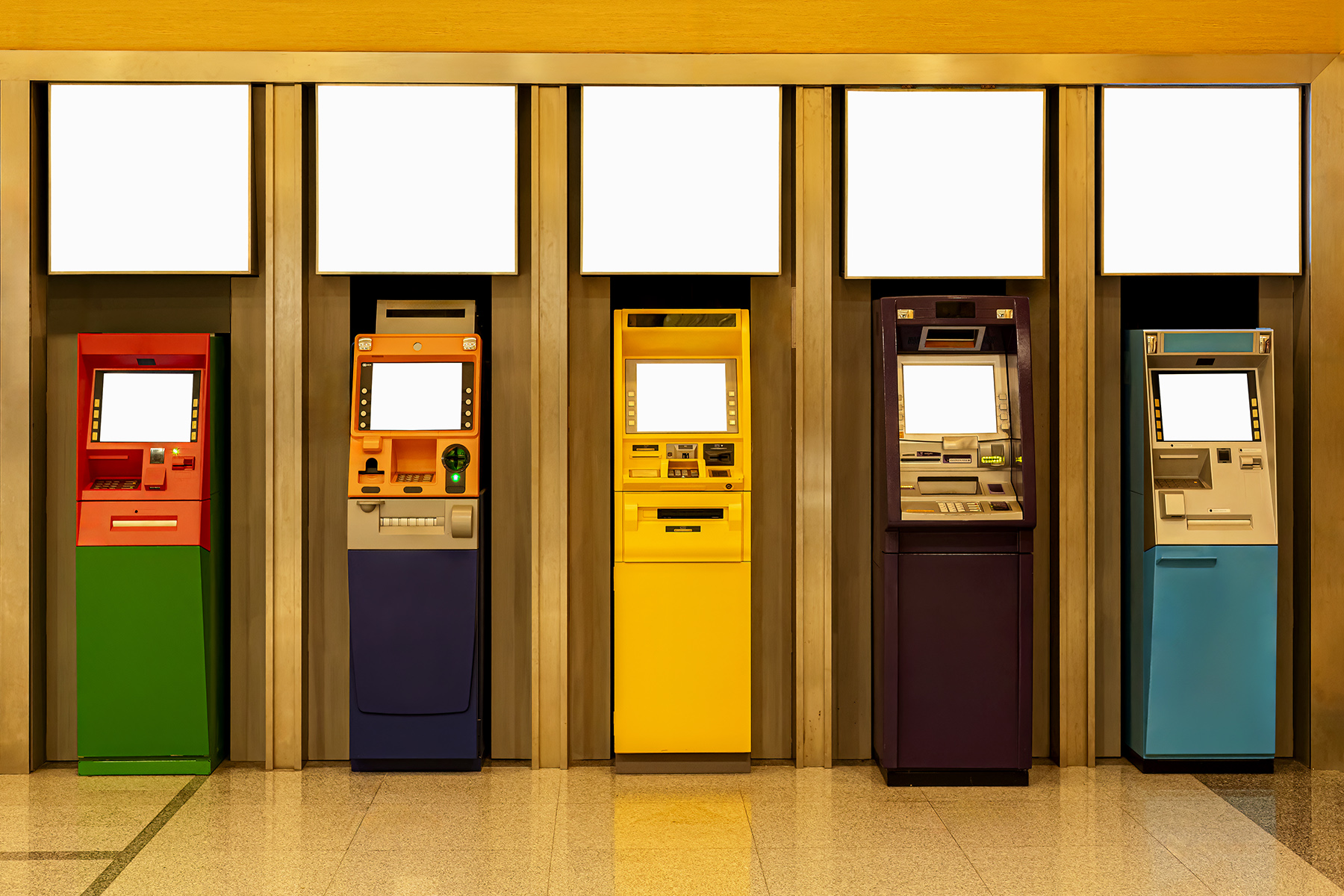
To open an account in Thailand, all you need to do is go into one of the local branches with the following documents:
- Your passport
- A copy of your visa page
- Proof of address
- Your work permit (if applicable)
- The card fee
The most expat-friendly banks in Thailand include:
- Bangkok Bank (ธนาคารกรุงเทพ): The largest bank in Thailand with great overseas exchange rates
- Kasikorn Bank (KBank – ธนาคารกสิกรไทย): The fourth largest bank in Thailand and one of the easiest accounts to open
- Krungthai Bank (ธนาคารกรุงไทย): With the Krungthai Inter Wallet, customers can digitally exchange and store cash in other currencies for payments
- Siam Commercial Bank (SCB – ธนาคารไทยพาณิชย์): Expats only require a passport and deposit to open an account
Thailand mainly uses QR codes for quick and easy payments, from general purchases to paying utilities. Moreover, major banks like Krungthai, DBS, UOB, and OCBC customers can now use cross-border QR code payments to move money between Thailand and Singapore.
Mobile banking provides the easiest and most convenient method for all your financial needs in Thailand. It also helps you avoid long queues at the banks. You can also securely transfer money internationally with a service like Wise.
5. Get a Thai mobile phone and SIM card
Getting a Thai SIM card (ซิมการ์ด) and mobile phone is a top priority if you want to stay connected.
Indeed, many expats choose a roaming package before flying overseas. However, this can be expensive in the long term.

Local expert
Jane Evans
Insider tip
It is easier to get a SIM card at the airport than elsewhere.
Thankfully, getting a local prepaid SIM card is as easy as stepping off the plane and finding the service counters at the airport. All you need is your passport and an unlocked phone, and the service provider will register and install your new SIM card within minutes.
The process will take a bit longer for a postpaid account as you need to provide a fixed address and a bank account number.
You can even ask customer service to install any apps you need in Thailand.
6. Find a job in Thailand
Entering Thailand’s job market can be challenging for non-Thai speakers. However, certain sectors actively recruit international candidates with particular expertise who can fill roles in industries with local skill shortages.

To kickstart your job search in Thailand, ensure that your resume aligns with the local business culture. You can contact local recruitment agencies for advice and help when searching for roles in your desired field.
The country also offers great opportunities for entrepreneurs, so starting your own business could be an alternative career path. There are various jobs that expats are prohibited from doing in Thailand, such as legal services, tour guides, secretarial work, and others.
7. Get your transport sorted in Thailand
Bangkok is known for its well-connected public transport system, especially since the installation of the Bangkok Mass Transit System (BTS – ระบบขนส่งมวลชนกรุงเทพ).
You can access the BTS quite easily from most inner-city suburbs. However, the Bangkok Mass Transit Authority (BMTA) also has an excellent bus network, and you can find affordable taxis.
Unfortunately, the public transport network is less developed outside of Bangkok, but most people get around by Songthaews (สองแถว: meaning two rows), converted pick-up trucks with two rows of back benches. Their colors indicate the routes they run, which are city-specific.
If you want to drive in Thailand, you will need to have your driver’s license converted to a Thai one. The easiest way to do this is via the Department of Land and Transport (DLT) app.

Local expert
Jane Evans
Insider tip
Visit your nearest land transport office with the original and photocopied documents (i.e, passport, visa, health certificate, proof of address, and current driving license). You’ll undergo vision tests and have your photo taken. Of course, you must pay a fee, and possibly watch a mandatory road safety video (in Thai). Initially, you will receive a two-year Thai driving license, eligible for a 5-year renewal.
8. Connect your new home
If you rent a place, your landlord is responsible for connecting utilities and will give you all the payment details.
You can download the Metropolitan Electrical Authority (MEA) application and pay directly from your phone. Alternatively, you can settle your bill at any 7-Eleven, Lotus Express, or Mini Big C.
You can also set up payments through your mobile banking app. Just input your reference ID on your bill or scan the QR code in the bottom right-hand corner.
The same process applies to water bills the Metropolitan Waterworks Authority (MWA) issues. You can also contact their call center at 1125 for more information.

LPG gas is supplied to your house in cylinders, and you can choose your provider, for example:
- Esso Singapore
- SingGas
- SunGas
- Yew Hee Ling
The company will send a technician to replace your gas cylinder within 24 hours once you’ve informed them that it is empty.
Most telecommunication providers offer combined packages to set up television and internet at home. Below is a list of the leading service suppliers in Thailand:
- AIS/3BB: An amalgamation of the two largest providers offering an all-in-one service, including mobile phone plans, high-speed internet, and television packages
- True: Provides mobile phone plans, internet, TV and entertainment packages
Trash and recycling services for condos and stand-alone houses differ, so you need to check with your landlord or local municipality. You will receive a monthly bill for the collection fees by mail.
9. Send your children to school
When moving to Thailand with children, understanding childcare and the education system is crucial.
If you need childcare – before your little ones start school – you can look into the following options:
- Daycare centers
- Nurseries
- Playgroups
- Aupairs
- Babysitters
Preschool is not mandatory, but some public schools run kindergartens for a small fee.
School is compulsory from age six to 12 (primary school) and three years in secondary school, up to age 15. However, many students follow academic or vocational tracks to complete three more years (16–18).
Enrolling your child in a public school can encourage integration and foster local friendships. However, many expats opt for international schools for various reasons, including:
- The diverse student population
- No language barrier
- A continuation of the same curriculum
- Better facilities and more activities
However, it is more expensive than public education.
Notable international schools in Thailand offering education from preschool age to Grade 12 include:
- International School Bangkok
- Amnuay Silpa School
- Harrow International School
10. Get out and enjoy Thailand
In Thailand, your first week is a fantastic opportunity to start immersing yourself in the wonders of this vibrant culture, delicious cuisine, and beautiful surroundings.
From the colorful markets of Bangkok to the serene beaches of Phuket, there’s an adventure waiting around every corner. Delve into historical treasures by exploring ancient temples and museums or take part in authentic Thai cooking classes to savor the flavors of local cuisine.
Embrace the opportunity to learn Thai and enjoy conversing with the friendly locals. You can also become more familiar with your new country by exploring all the top places and hidden gems to visit in Thailand.
Useful resources
- Thai Revenue Department – to register for a Tax Identification Number (TIN)
- Thai Law Online – an online law firm that outlines all Thai laws relevant to expats
- Tourism Thailand – the official tourism authority with handy information for newcomers
- Bangkok Train System (BTS) – information about the public transport system in Bangkok
